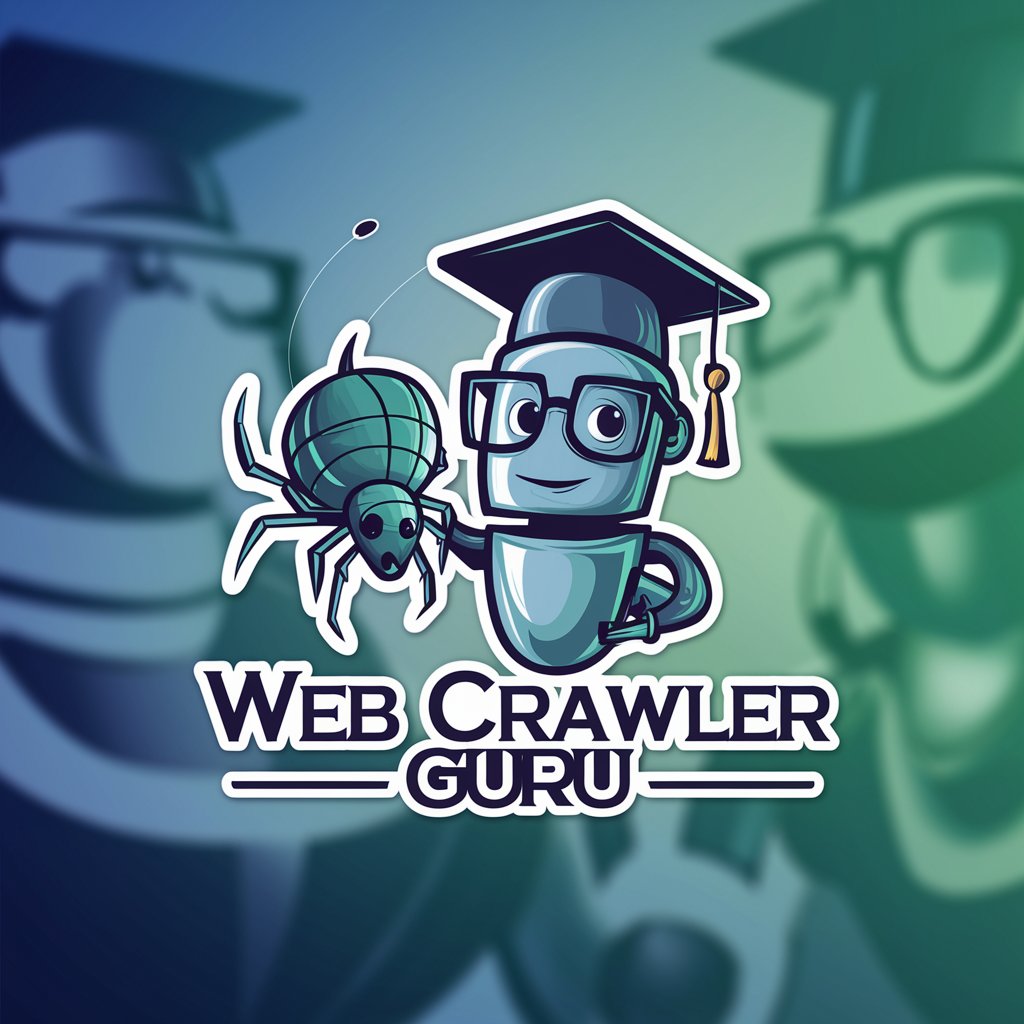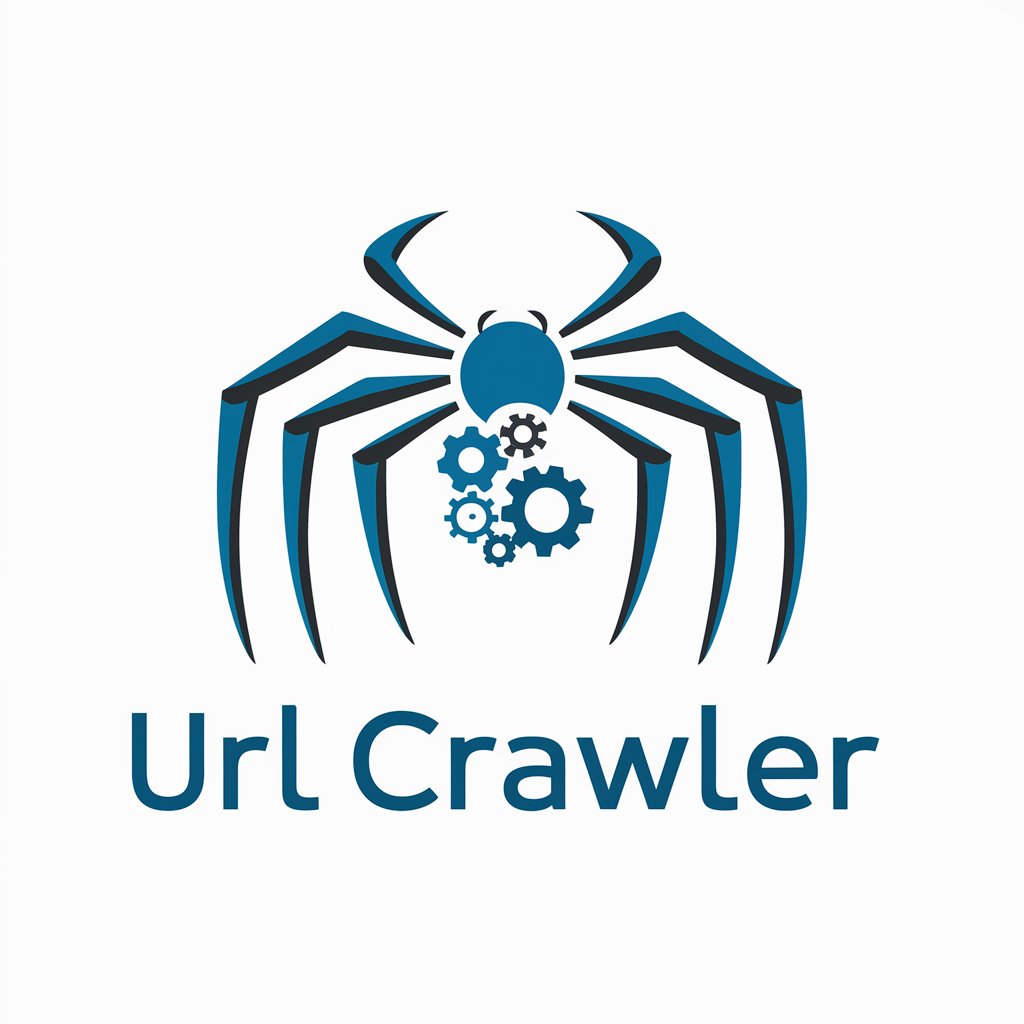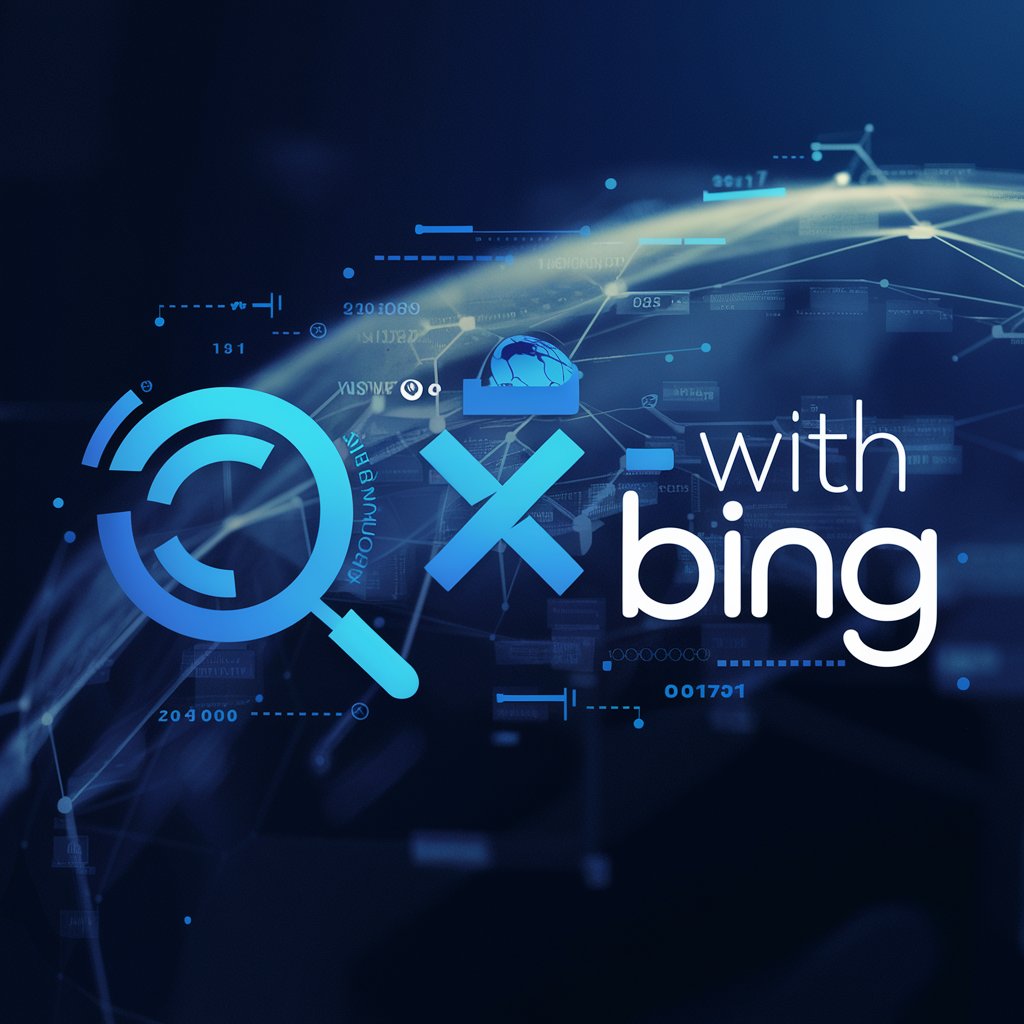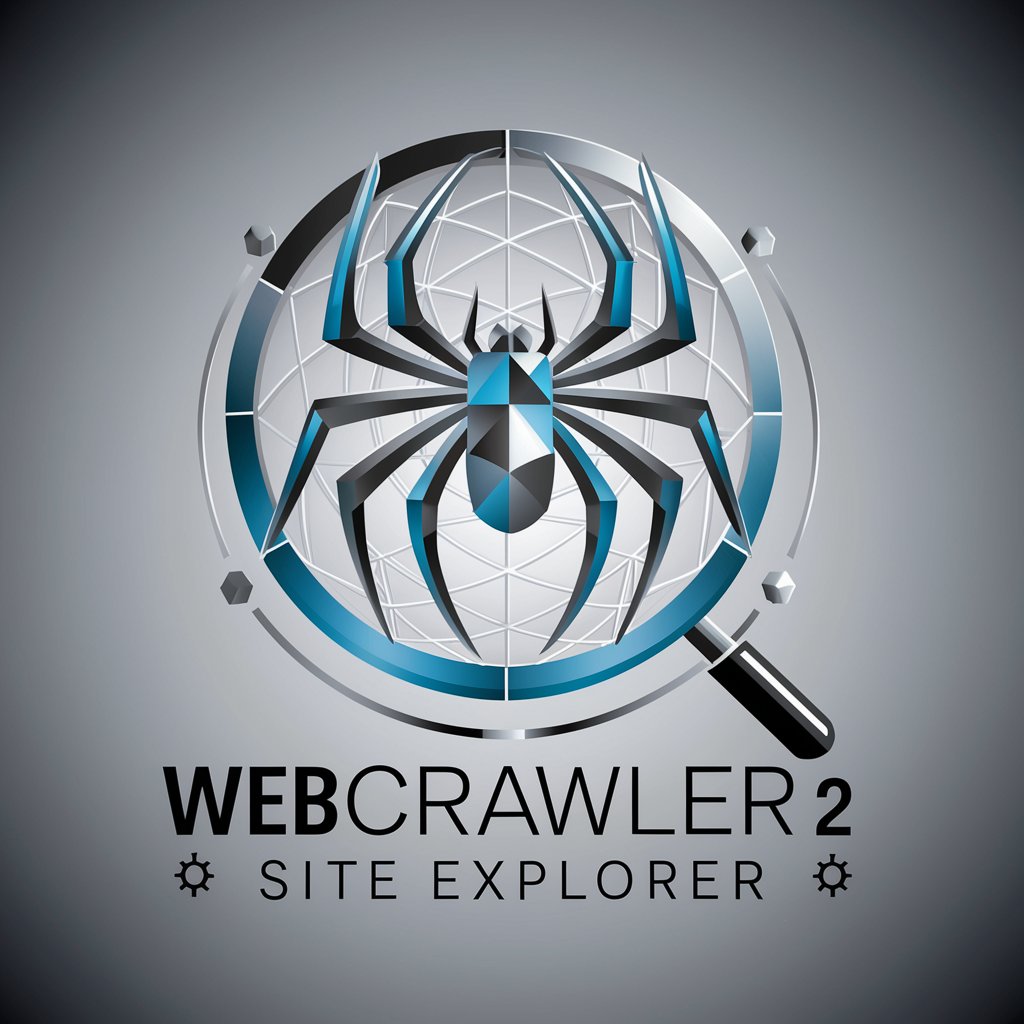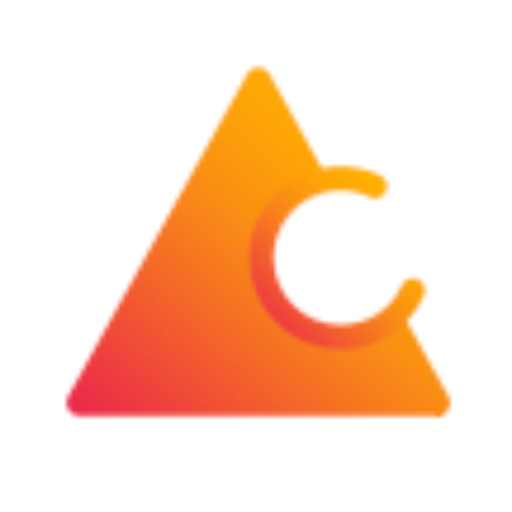
Web Crawler - AI-powered Web Data Extraction

Welcome! How can I assist you today?
Automate Data Collection with AI
Explain the concept of...
Provide a detailed analysis of...
Summarize the latest advancements in...
Compare and contrast...
Get Embed Code
Overview of Web Crawler
Web Crawler, in the context of this interaction, refers to a specific instantiation of an AI model designed to perform advanced web searches efficiently and effectively. Unlike generic search tools or traditional web crawlers that index the internet content automatically, this Web Crawler is tailored to transform complex user inquiries into detailed, nuanced search strategies using advanced information retrieval techniques. For example, when presented with a nuanced question on a niche topic, Web Crawler can dissect the query into core concepts, identify relevant search terms (including synonyms and related phrases), and construct a multi-faceted search strategy to yield comprehensive and pertinent results. Powered by ChatGPT-4o。

Core Functions of Web Crawler
Systematic Search Strategy Formulation
Example
When tasked to find recent advancements in quantum computing, Web Crawler would identify key concepts (e.g., 'quantum computing', 'recent advancements') and related terms, then employ a strategic combination of these terms using Boolean operators to fetch a diverse range of pertinent sources.
Scenario
A researcher seeking the latest studies or developments in a specialized field could utilize this function to gather comprehensive and up-to-date information without sifting through irrelevant data.
In-depth Information Retrieval
Example
If a user requires a deep dive into the ethical implications of AI in healthcare, Web Crawler would not only fetch general information but also identify specific case studies, scholarly articles, and expert discussions to provide a multi-dimensional perspective.
Scenario
Ethics committees or policy makers could leverage this function to inform guidelines or decision-making processes, ensuring they have a well-rounded understanding of the subject matter.
Target User Groups for Web Crawler
Academic Researchers
These users require access to a broad spectrum of academic papers, datasets, and publications across various disciplines. Web Crawler assists by executing comprehensive searches that encapsulate all relevant terms and fields, thus aiding in literature reviews or new research explorations.
Business Analysts and Strategists
For professionals who need to stay abreast of market trends, industry reports, and competitive analysis, Web Crawler can tailor searches to provide the most recent and relevant data, facilitating strategic planning and informed decision-making.

How to Use Web Crawler
1
Start by visiting yeschat.ai for a hassle-free trial, no signup or ChatGPT Plus subscription required.
2
Explore the available features and tools that Web Crawler offers, familiarizing yourself with its interface and capabilities.
3
Choose a specific function you wish to use, such as data extraction, website monitoring, or content research, based on your needs.
4
Follow the provided instructions or guidelines for your selected function to set up your crawling parameters or queries.
5
Execute your task and analyze the results. Utilize filters and settings to refine your searches for more precise outcomes.
Try other advanced and practical GPTs
Suno Song
Craft Your Song with AI Precision

Movie Recommender
Discover Your Next Favorite Film or Series

CSV to Graph
Transform data into visual stories effortlessly.
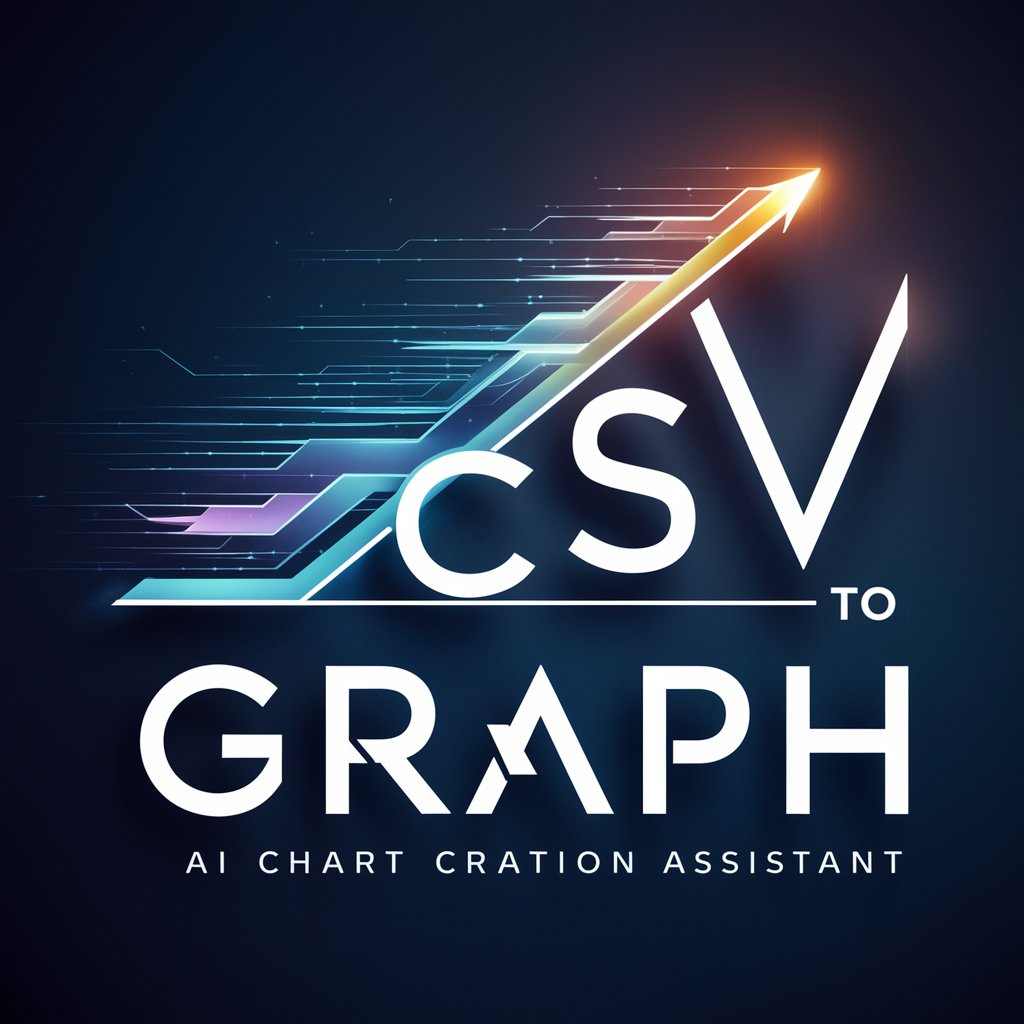
Double Vision
Crafting Realistic Images with AI

IntellGPT - OSINT & Data Science
Empowering Insights with AI
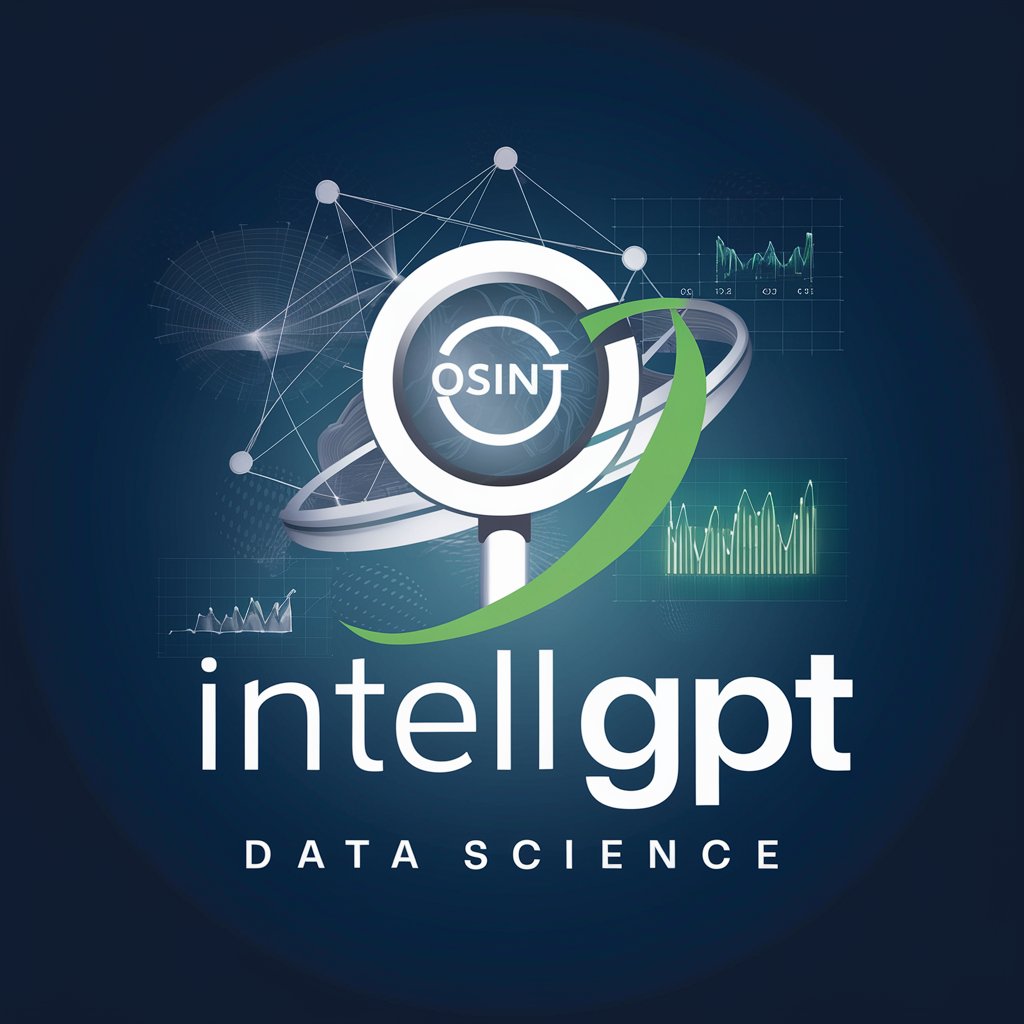
Erasure Poet
Craft Poetry with AI Precision
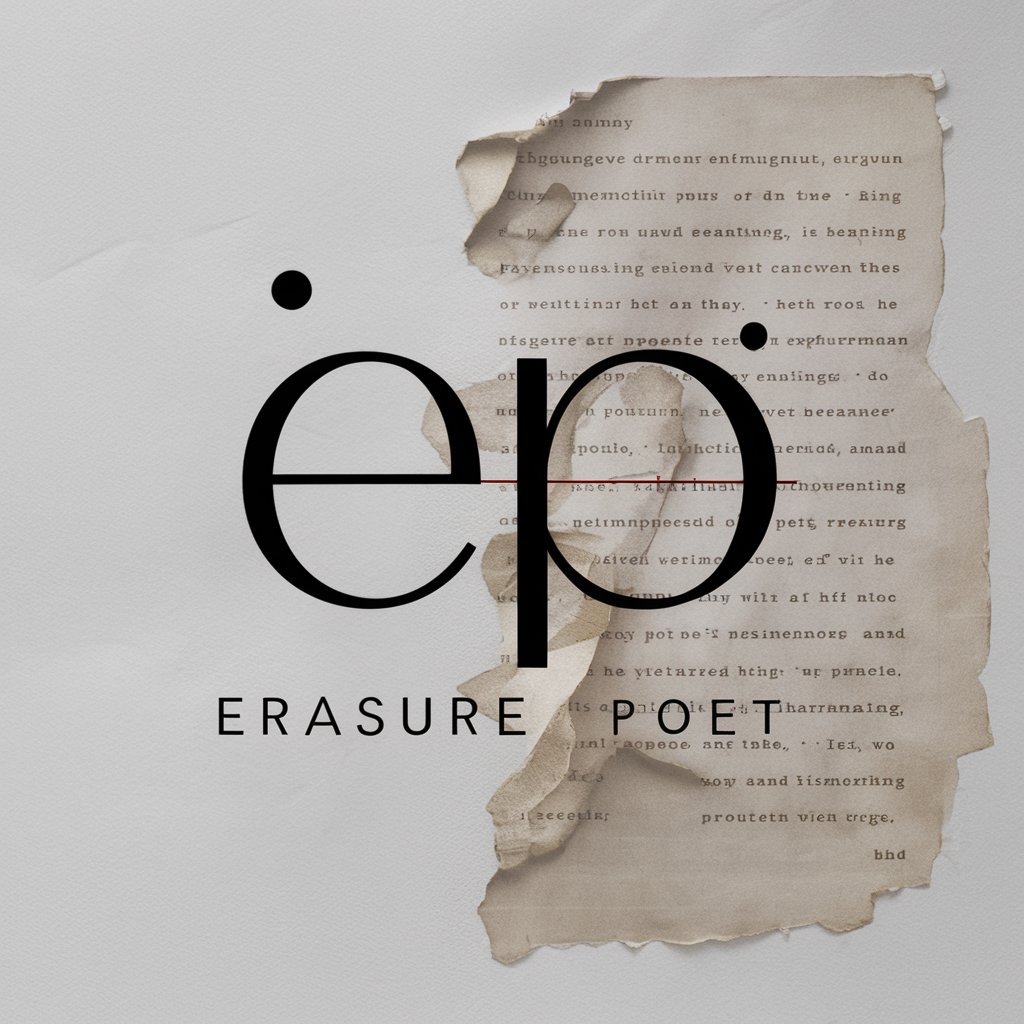
Heartfelt Verses
Crafting personalized love poems, powered by AI

Chess Coach
Master Chess with AI-Powered Coaching
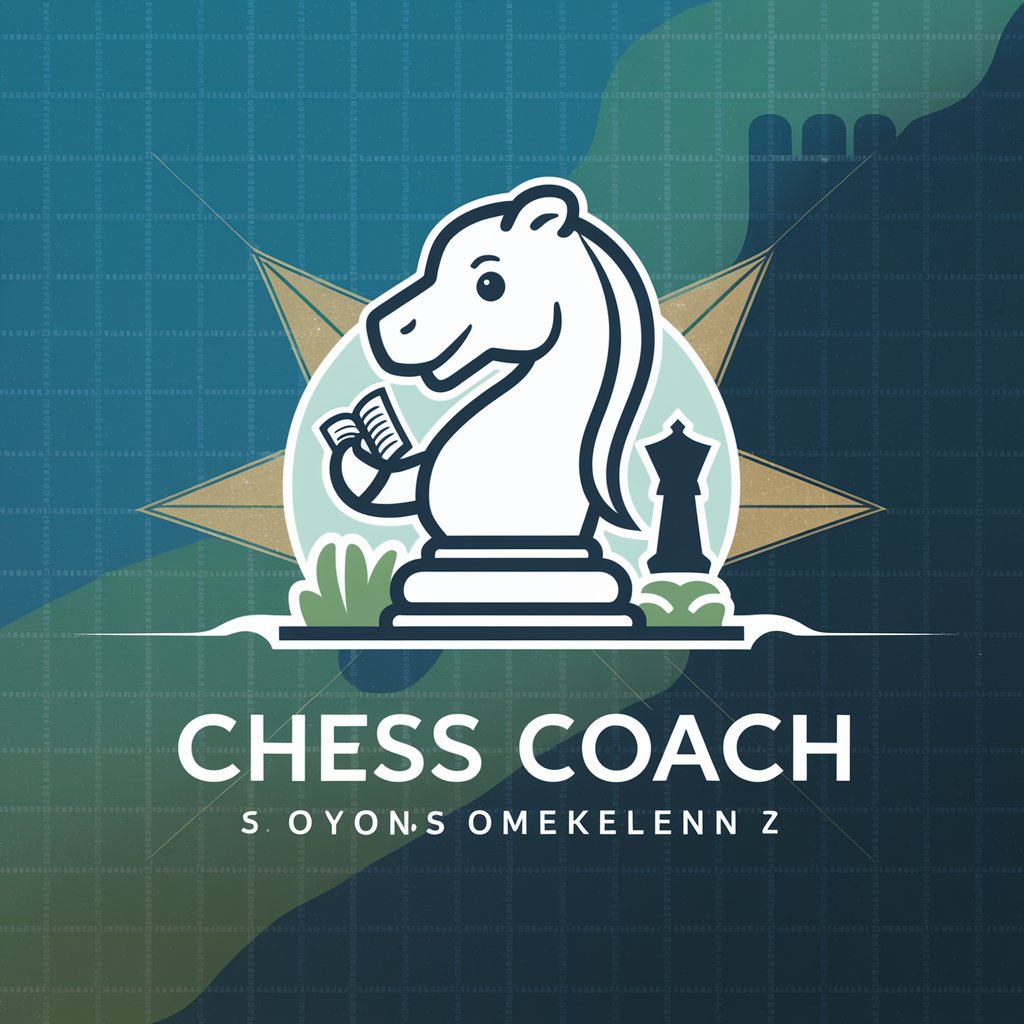
LifeMotivationGPT
Empower Your Journey with AI Motivation

ChatPM, Senior Product Manager
Empowering Product Decisions with AI

Email Buddy
Craft Perfect Emails with AI
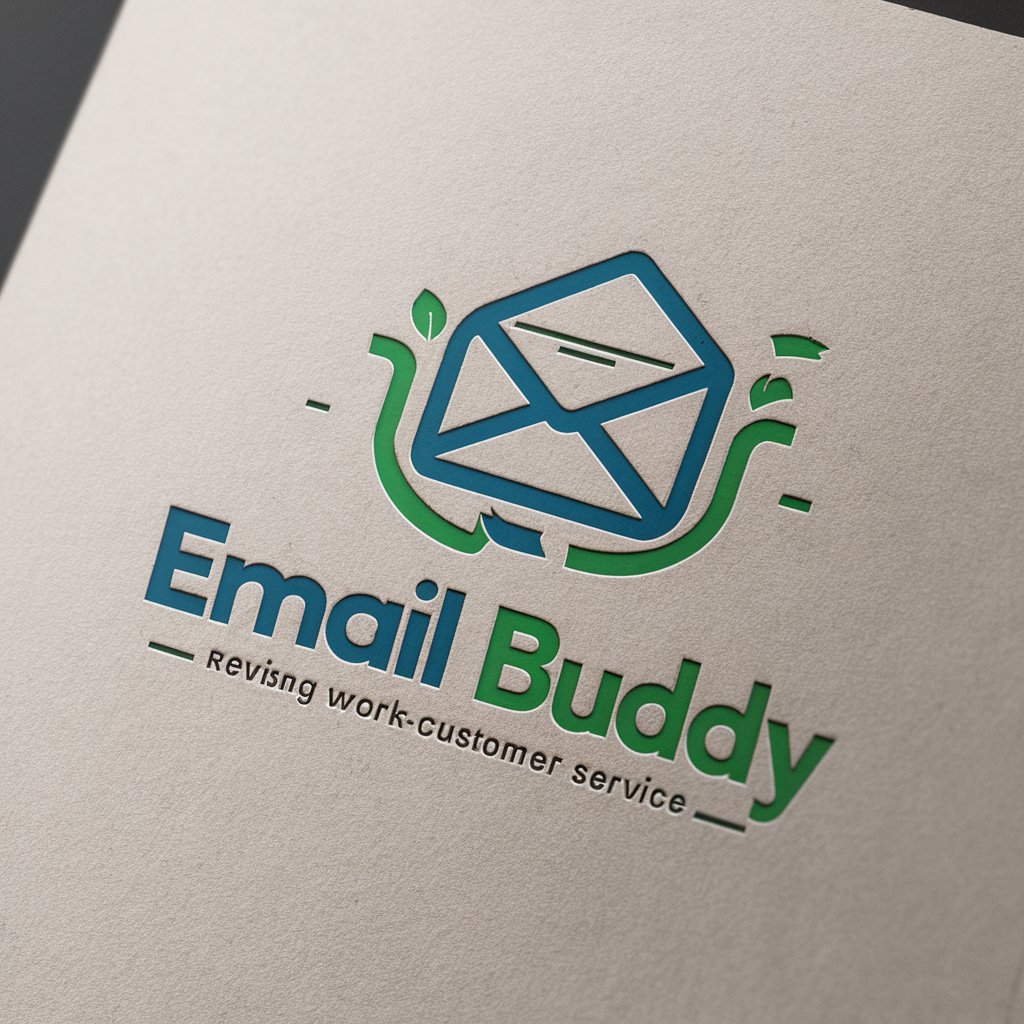
excel
Empowering Data Analysis with AI
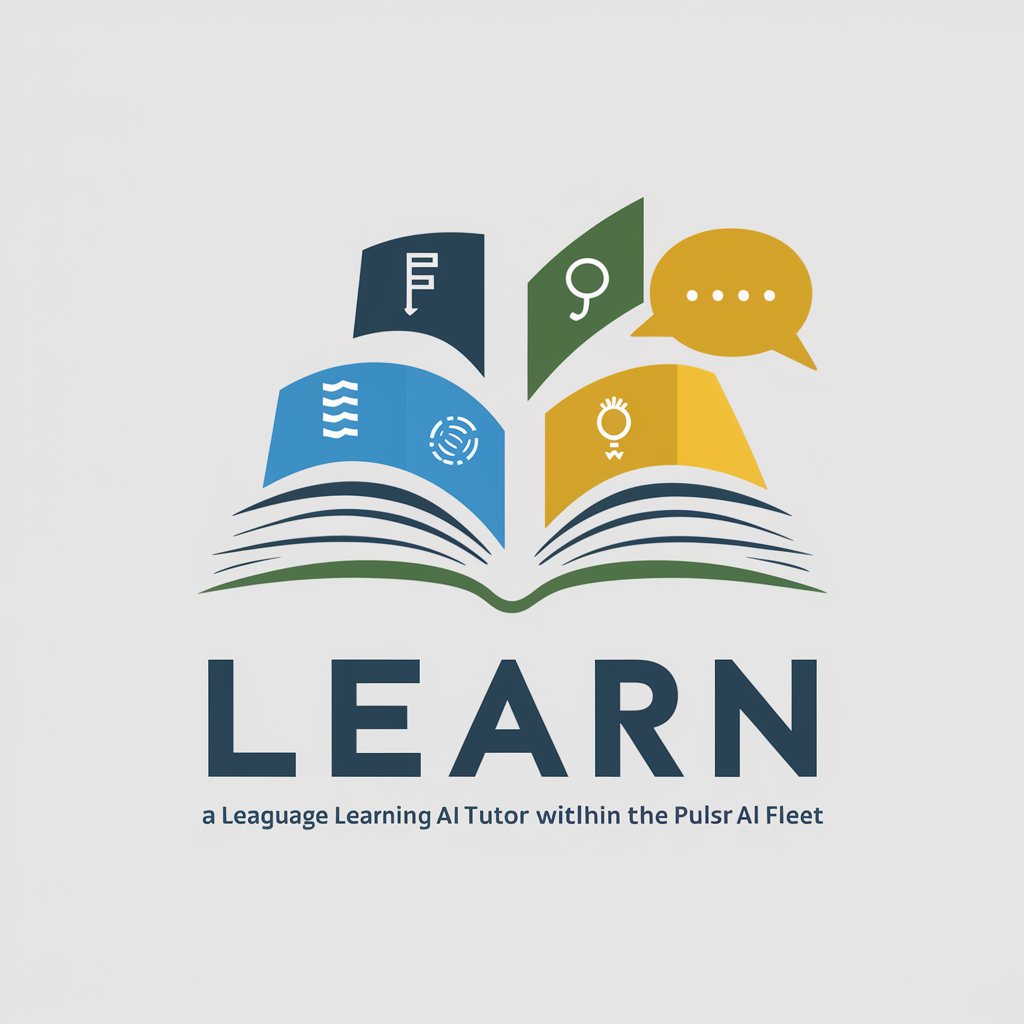
Frequently Asked Questions about Web Crawler
What is Web Crawler?
Web Crawler is an AI-powered tool designed to automate the process of collecting data from the internet. It can navigate through web pages, extract relevant information, and present it in a structured format for various uses.
How can Web Crawler benefit my research?
By automating data collection and extraction, Web Crawler can save time and resources in academic or market research. It provides accurate and up-to-date information, allowing for more comprehensive analysis.
Is Web Crawler suitable for SEO analysis?
Yes, Web Crawler can be used for SEO analysis by extracting data on keywords, meta tags, and website structure, helping to improve your website's search engine ranking.
Can I use Web Crawler for competitive analysis?
Absolutely. Web Crawler can track and compare content, pricing, and other critical data across different websites, giving you insights into your competitors' strategies.
What types of data can Web Crawler extract?
Web Crawler can extract a wide range of data, including text, images, links, and metadata from websites, which can be used for content creation, market analysis, and more.
